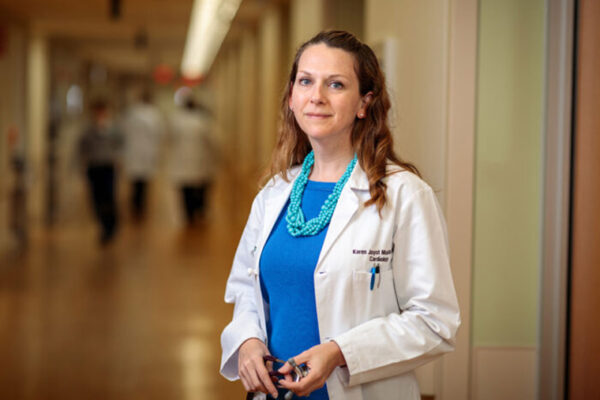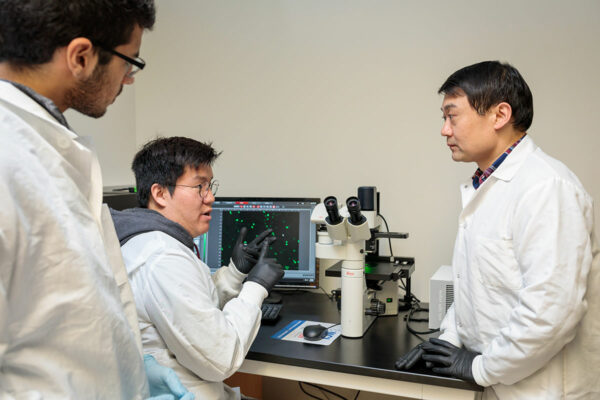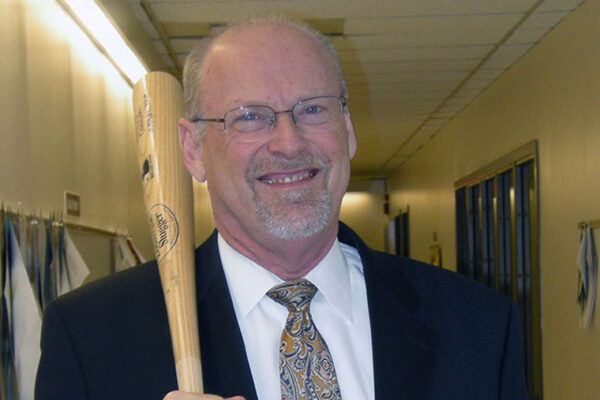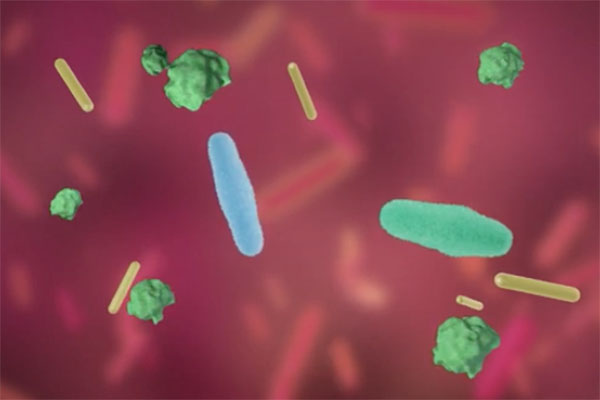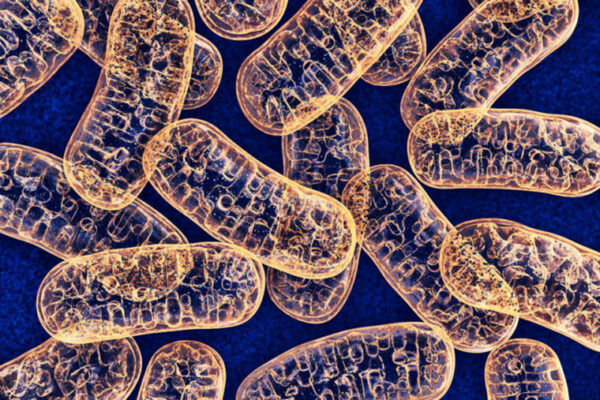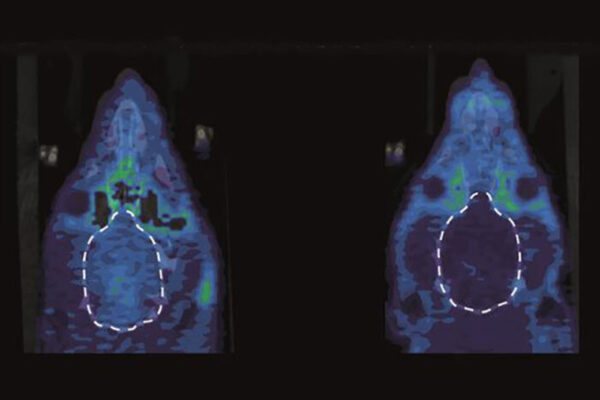Safety-net hospitals fare better under new Medicare reimbursement rules
The School of Medicine has led a new study showing that new Medicare reimbursement rules reduce financial penalties for safety-net hospitals. The change shifts some of the financial burden away from hospitals that care for the most vulnerable patients.
Up to $24 million will help to eliminate two tropical diseases
An international team led by Gary Weil, MD, of the School of Medicine is poised to help eliminate two disabling tropical diseases as public health problems. A large grant from the Bill & Melinda Gates Foundation will fund clinical trials and other studies aimed at preventing new cases of elephantiasis and river blindness.
$10 million gift aimed at improving treatments for mental illness
Philanthropists Andrew and Barbara Taylor and the Crawford Taylor Foundation have committed $10 million to the School of Medicine to continue research to investigate the scientific underpinnings of psychiatric illnesses, with the goal of improving diagnosis and treatment.
‘Jumping genes’ drive many cancers
Mistakes in DNA are known to drive cancer growth. But a new study, from Washington University School of Medicine in St. Louis, heavily implicates a genetic phenomenon commonly known as “jumping genes” in the growth of tumors.
The physics of baseball
David Peters, the McDonnell Douglas Professor of Engineering in the McKelvey School of Engineering at Washington University in St. Louis, has a body of work in applied aerodynamics and a host of academic honors, but he’s also a baseball fan. That’s why watching a baseball game takes on a whole new spin, aerodynamically speaking.
Rineys give $15 million to develop, test therapies for neurodegenerative diseases
The School of Medicine has received a $15 million gift from Paula and Rodger Riney aimed at accelerating research and developing new treatments for two major neurodegenerative diseases: Alzheimer’s disease and Parkinson’s disease.
Probiotic bacteria evolve inside mice’s GI tracts
Probiotics – living bacteria taken to promote digestive health – evolve once inside the body and have the potential to become less effective and sometimes even harmful, according to a new study from the School of Medicine. The findings suggest that developers of probiotic-based therapeutics must consider how the probiotics might change after administration.
Obese mouse mothers trigger heart problems in offspring
Mitochondria manufacture energy in every cell of the body, including heart muscle cells. A new study from the School of Medicine shows that cardiac mitochondria are abnormal in the offspring of mouse mothers that become obese due to a high-fat, high sugar diet. Those offspring then pass on the mitochondrial defects at least two more generations.
Mobile phone technology to screen, help treat college students
With a growing demand for mental health services at colleges, a research team led by the School of Medicine has received a $3.8 million grant to test a mental health phone app to treat depression, anxiety and eating disorders in a study involving some 8,000 students at 20 colleges, universities and community colleges.
Blunting pain’s emotional component
Pain researchers at the School of Medicine have shown in rodents that they can block receptors on brain cells that are responsible for the negative emotions associated with pain, such as sadness, depression and lethargy. The findings could lead to new, less addictive approaches to pain treatment.
View More Stories
